Supporting research careers
Our research excellence is underpinned by our people, and we strive to create a research environment rich in innovation, scholarship and diversity. The School offers a vibrant and supportive environment for our early career researchers to establish their independent careers.
As the School continues to grow, we would like to introduce some of our newest Fellows and Academic Staff.
If you are interested in joining SLS as an Independent Research Fellow, you can find out more on our Fellowships page
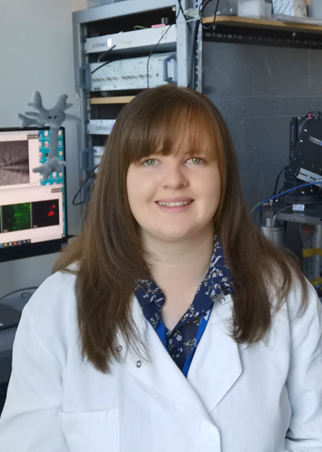
Dr Emily Lane-Hill
Race Against Dementia Fellow
My 5 year Fellowship will investigate the role of tau, a protein known to disrupt the function of neurons in the brain in the early stages of Alzheimer's disease.
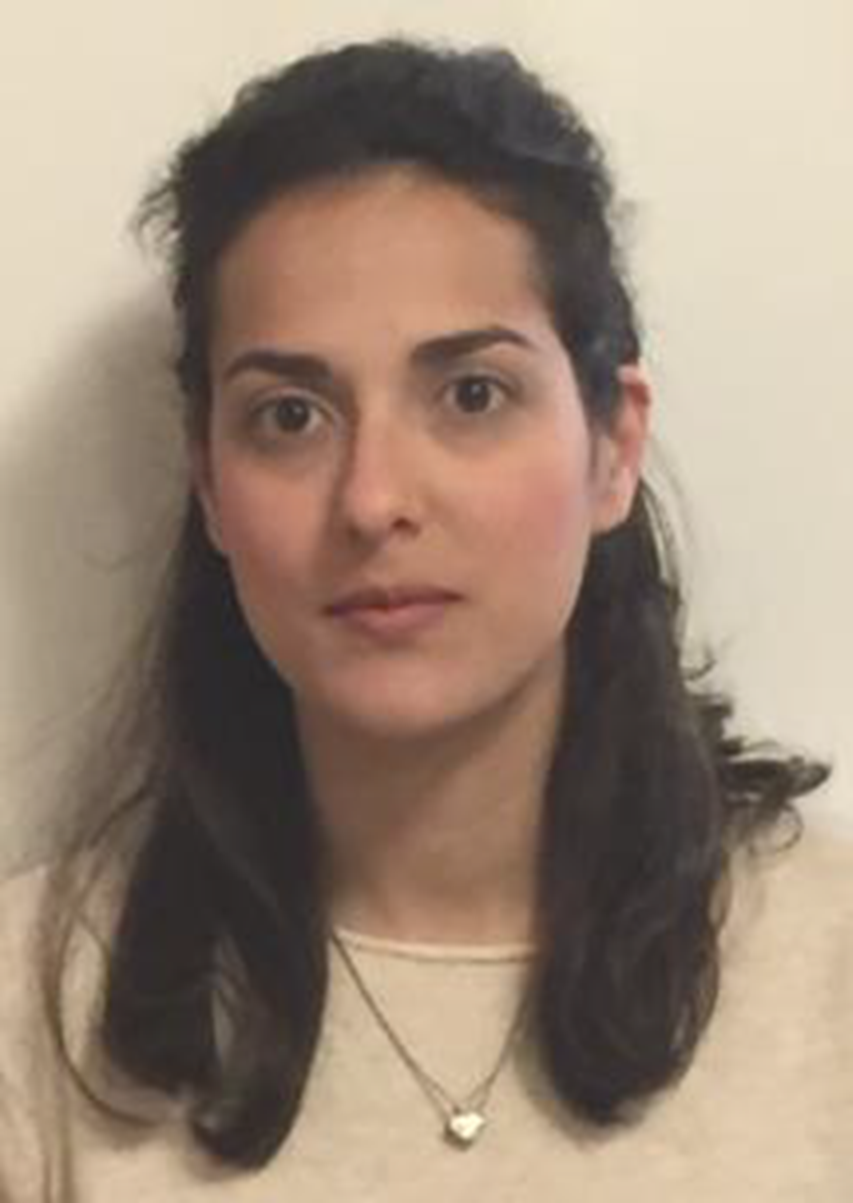
Dr Angeliki Skagia
Daphne Jackson Fellow
My project explores how infectious microorganisms grow within plant tissues during infection and seeks to understand how plant cells respond to them.
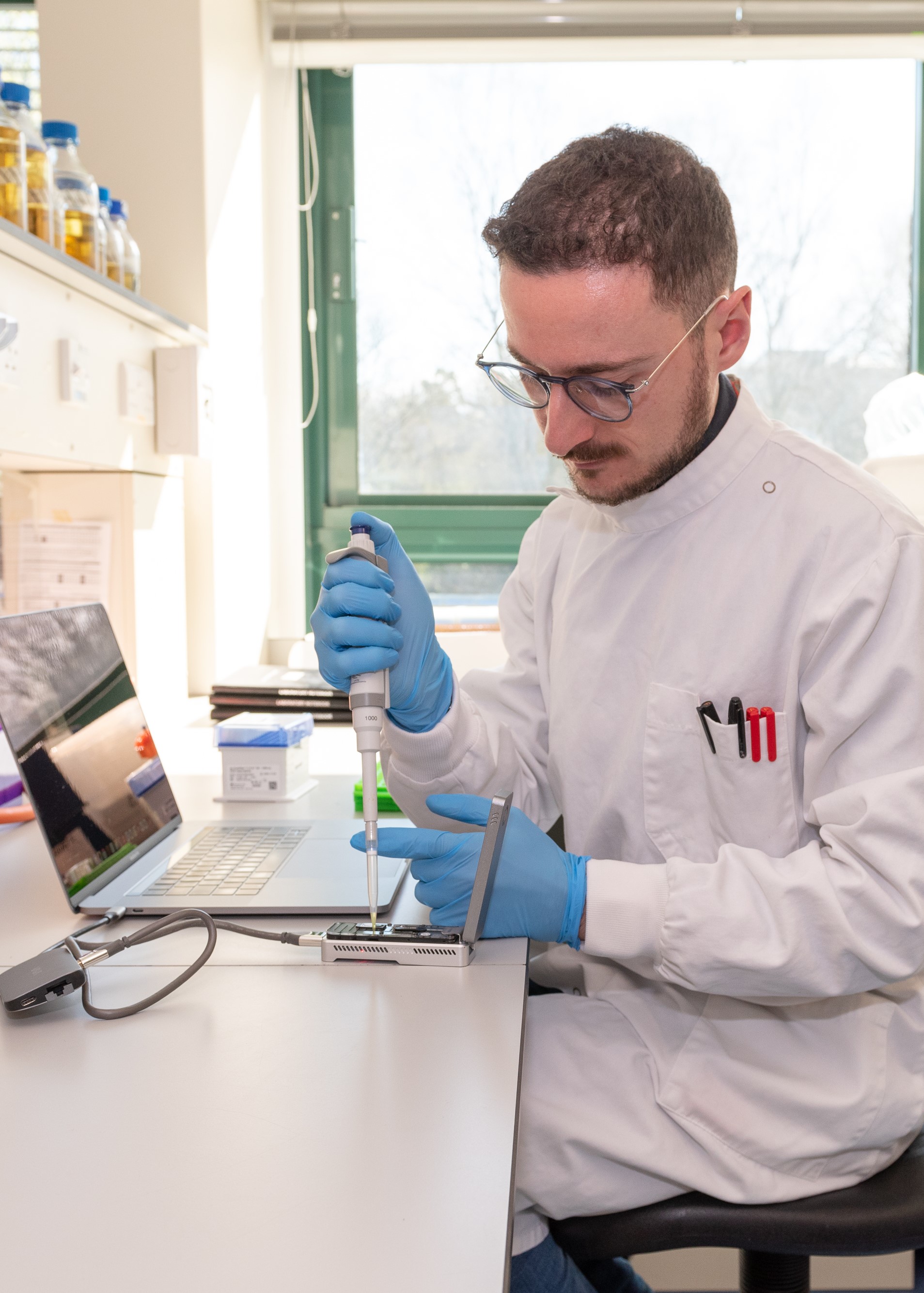
Dr Fabrizio Alberti
UKRI Future Leaders Fellowship
Taking an interdisciplinary "systems-based" approach and using plants as a system of study, I investigate how complex living systems are created and operate.
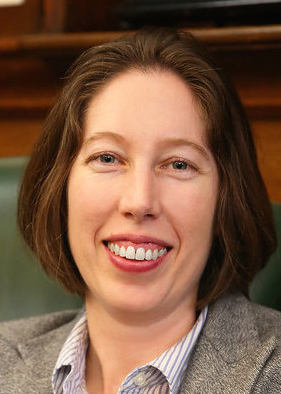
Dr Erin Connelly
UKRI Future Leaders Fellowship
My Fellowship is an international, interdisciplinary project exploring questions of ethnopharmacology and the antimicrobial efficacy of ingredients from historical and traditional medical sources.
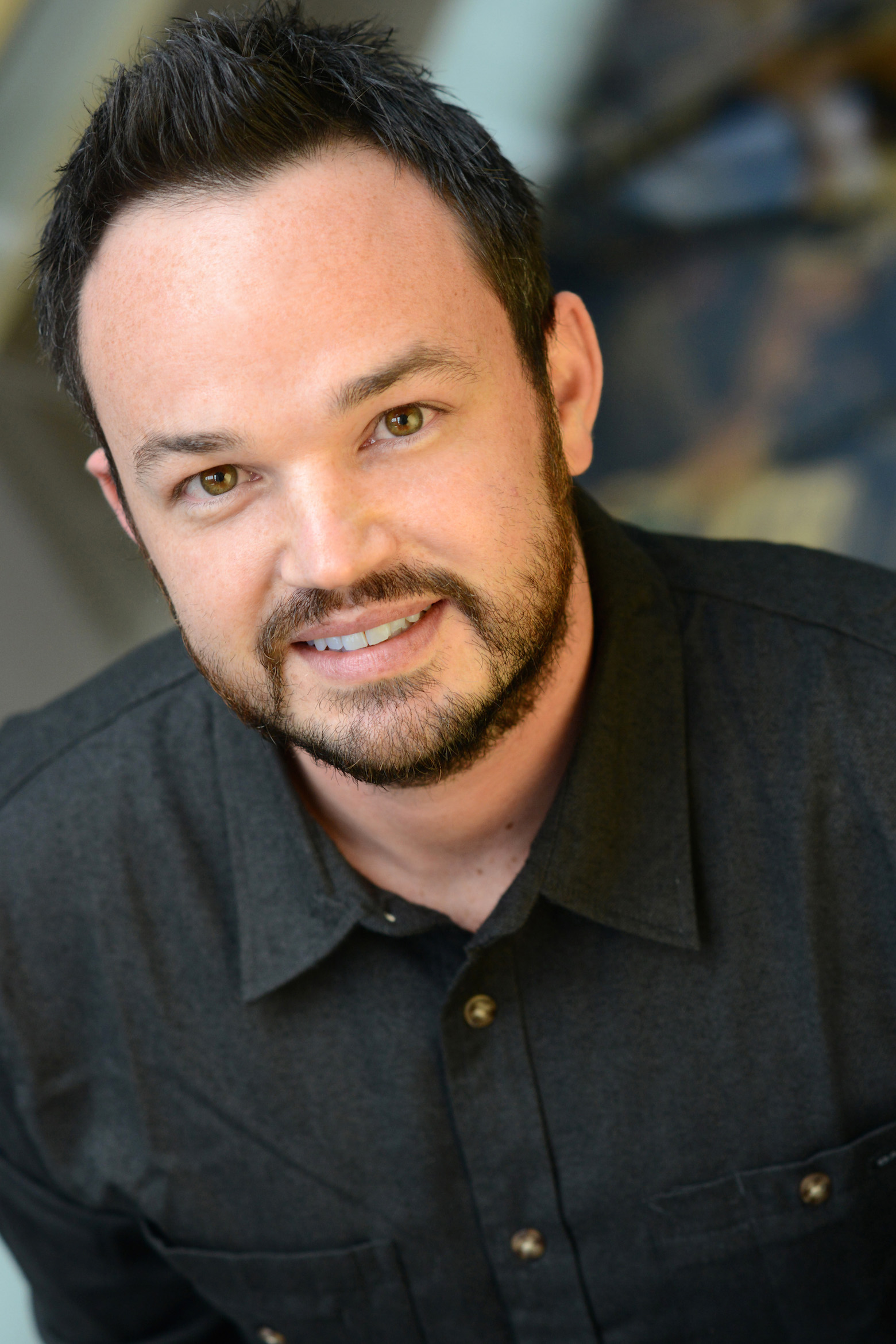
Dr Tom Walker
Associate Professor
I am a medical entomologist interested in novel methods of control for mosquito-borne diseases such as malaria. My group explores ways in which Wolbachia can be used to reduce human pathogen transmission.
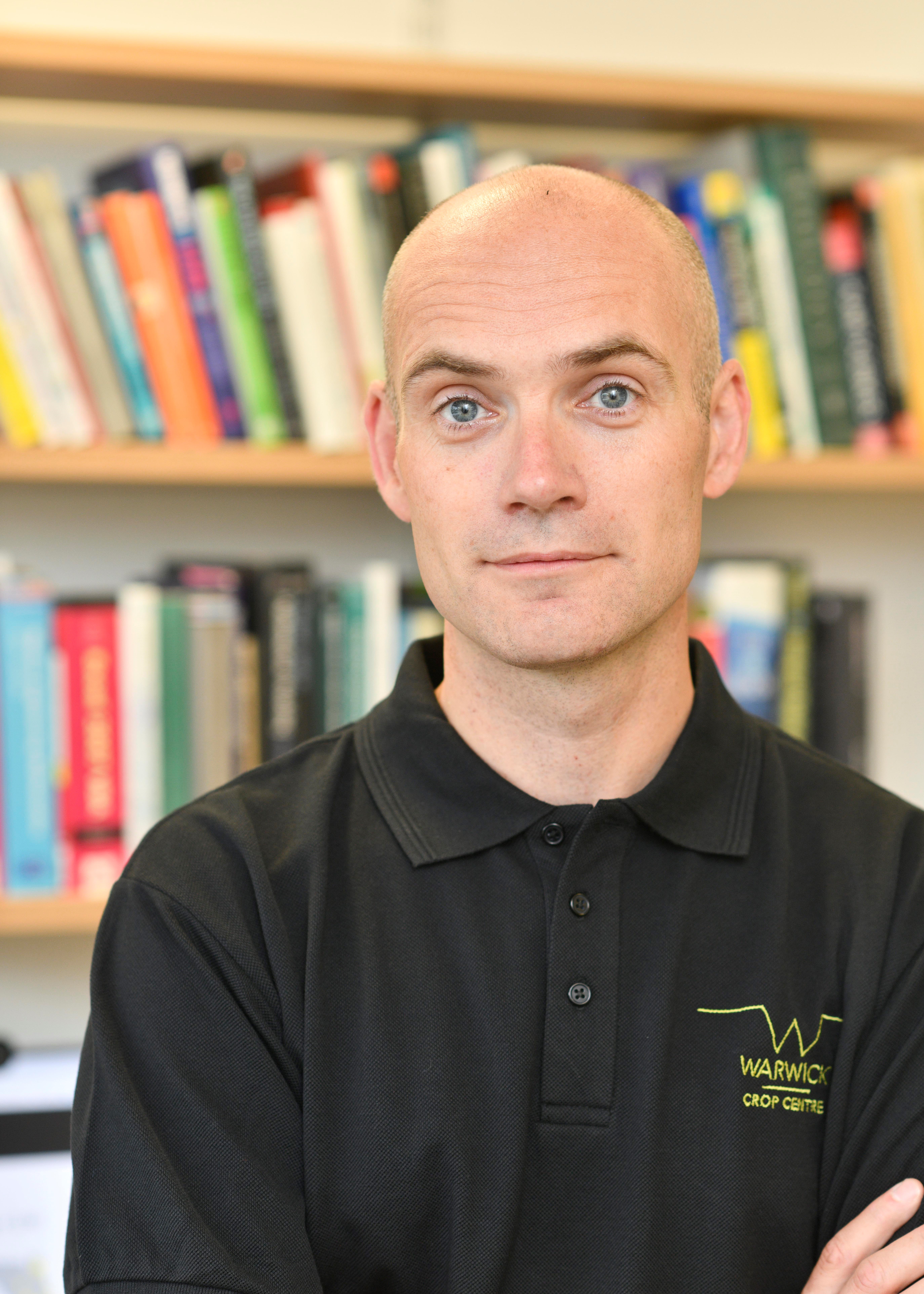
Dr Stephen Parnell
Associate Professor
I am a plant disease epidemiologist and epidemic modeller. Plant diseases are an increasing threat to natural environments and food security, a key practical focus of my research is the use of models to inform better surveillance and eradication strategies.
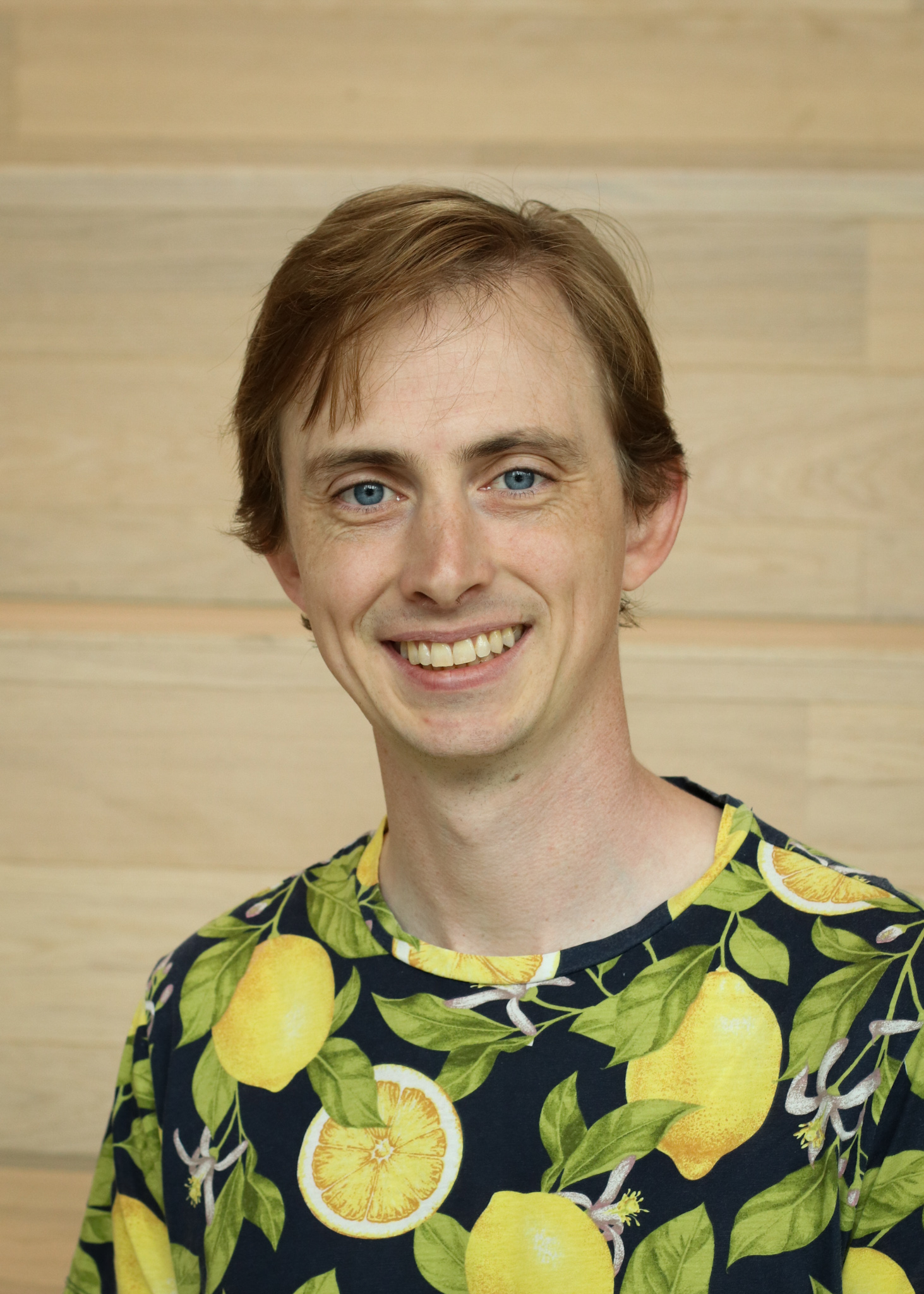
Dr Seamus Holden
Sir Henry Dale Fellow
I study basic principles of biological spatial organization in living cells, with a particular focus on how bacteria remodel their cell envelope. To achieve this my lab develops novel experimental methods based on single molecule & super-resolution microscopy, microfabrication and microfluidics.
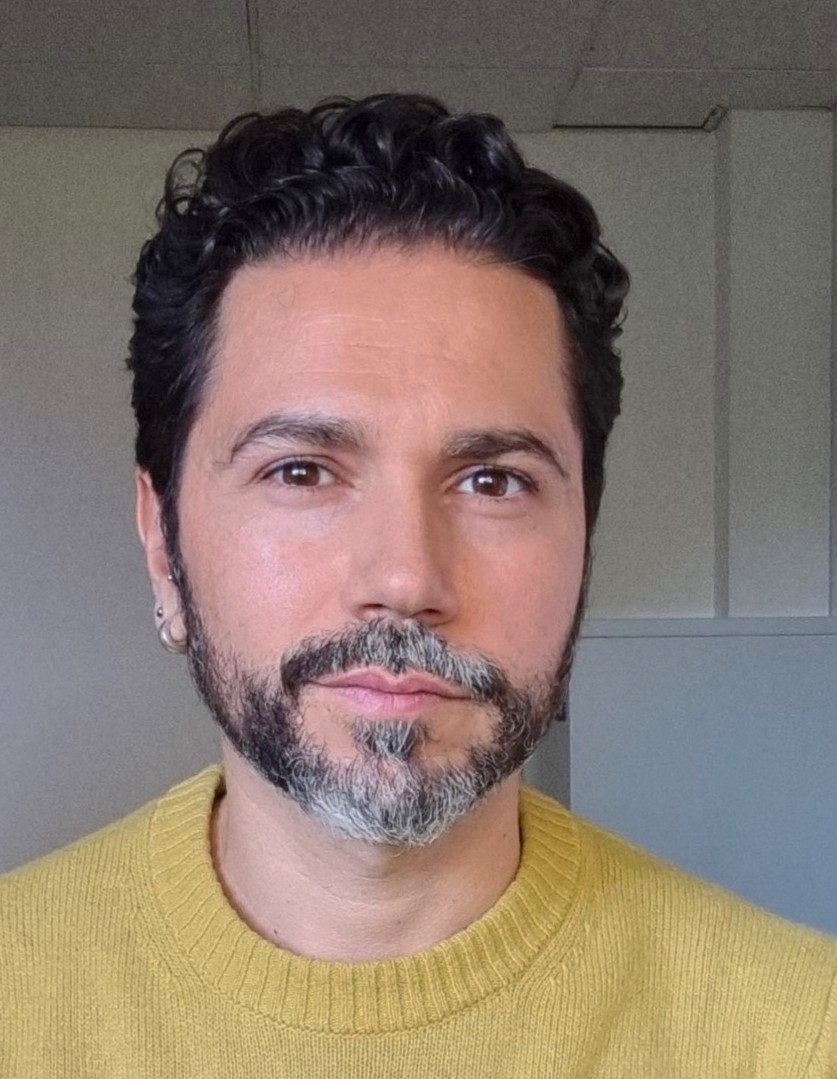
Dr Christopher Rodrigues
Associate Professor
I am a Molecular Microbiologist interested in bacterial molecular biology and genetics. My work focuses on obtaining a deeper understanding of the molecular underpinnings of how bacteria develop into spores, with the goal of providing knowledge that can fuel the development of new strategies aimed at interfering with this process.
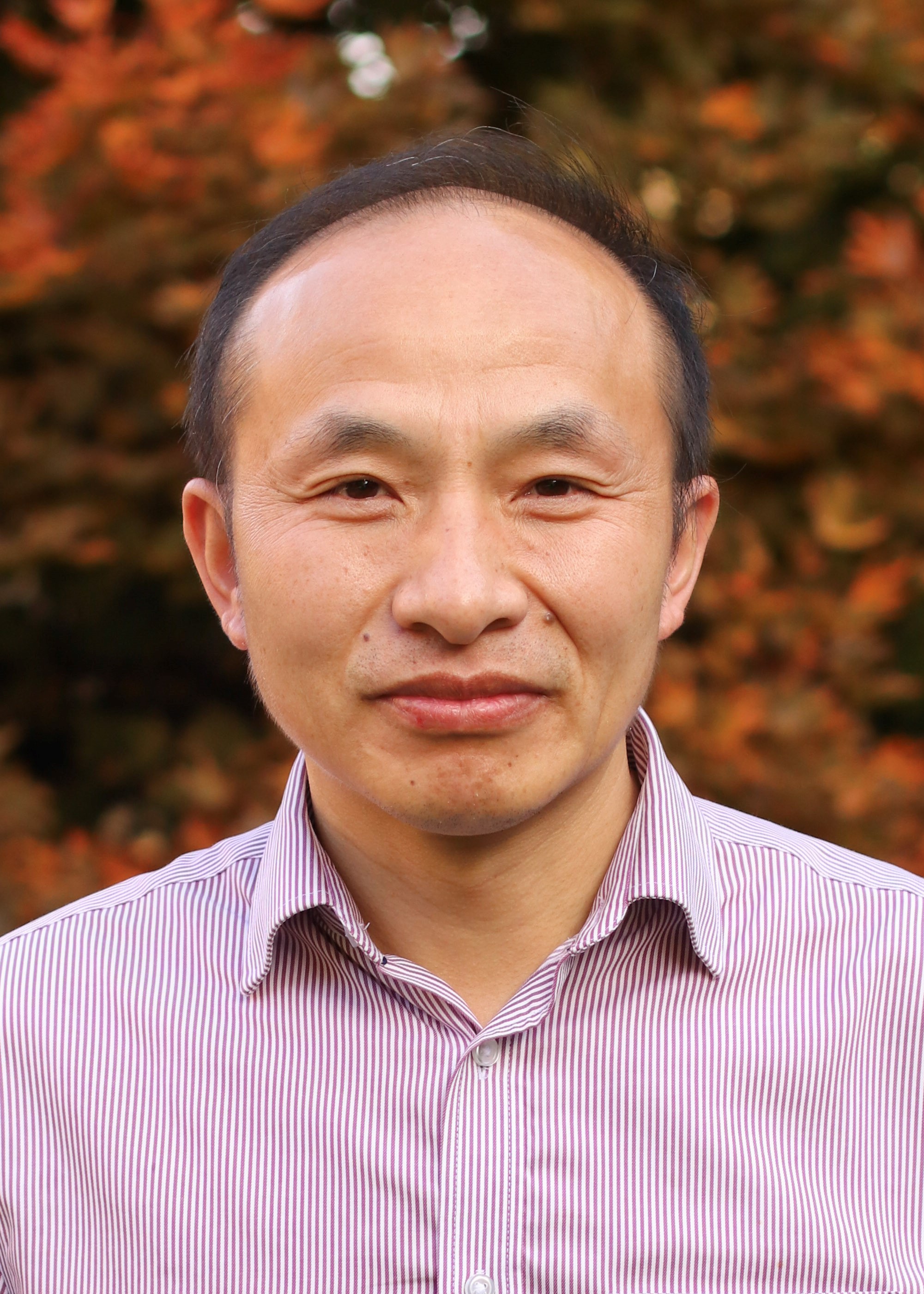
Dr Xuming Zhang
Associate Professor
As a neuroscientist, I am interested in understanding how pain signals are generated and then transmitted to the brain, and how pain is maintained for a long period with a view to devising novel therapies for a better treatment of chronic pain.
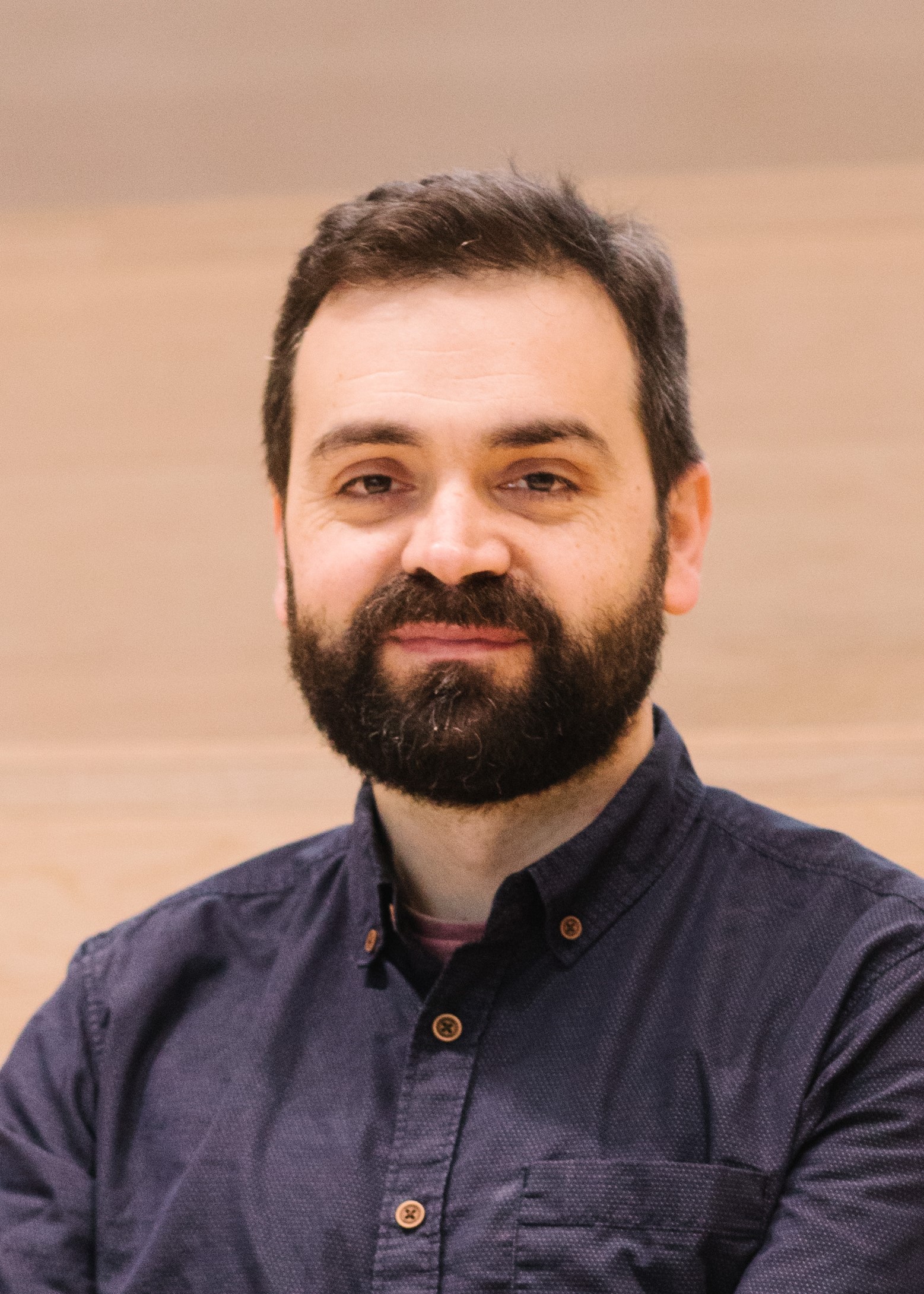
Dr Bruno Martins
Assistant Professor
My interests are in the quantitative understanding of the design principles of genetic circuits and intracellular physiology. I use interdisciplinary approaches to study the dynamics of the circadian clock in cyanobacteria and ask fundamental questions about how clocks (and gene circuits in general) interact with other circuits and cellular processes in various physiological and environmental contexts.
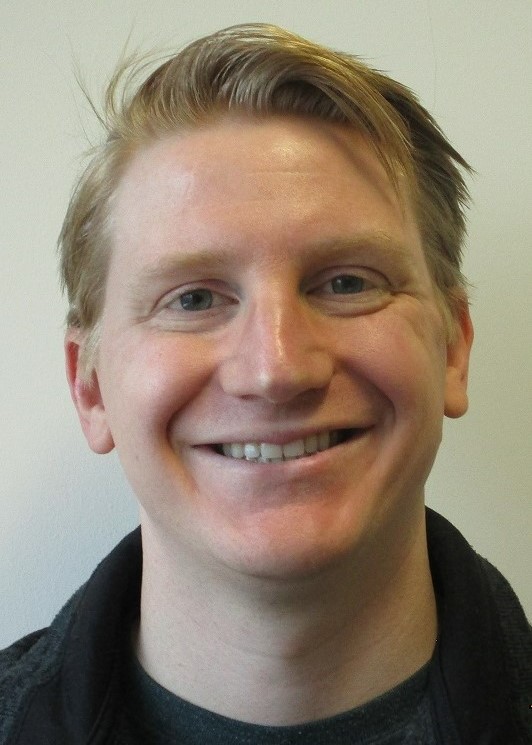
Dr Ryan Mushinski
Assistant Professor
I study the environmental processes that occur within the terrestrial biosphere, linking plants and microbes to the flow of carbon and nutrients in natural and managed ecosystems, to better understand how current environmental threats influence biogeochemical feedbacks such as trace gas fluxes and nutrient transformations.
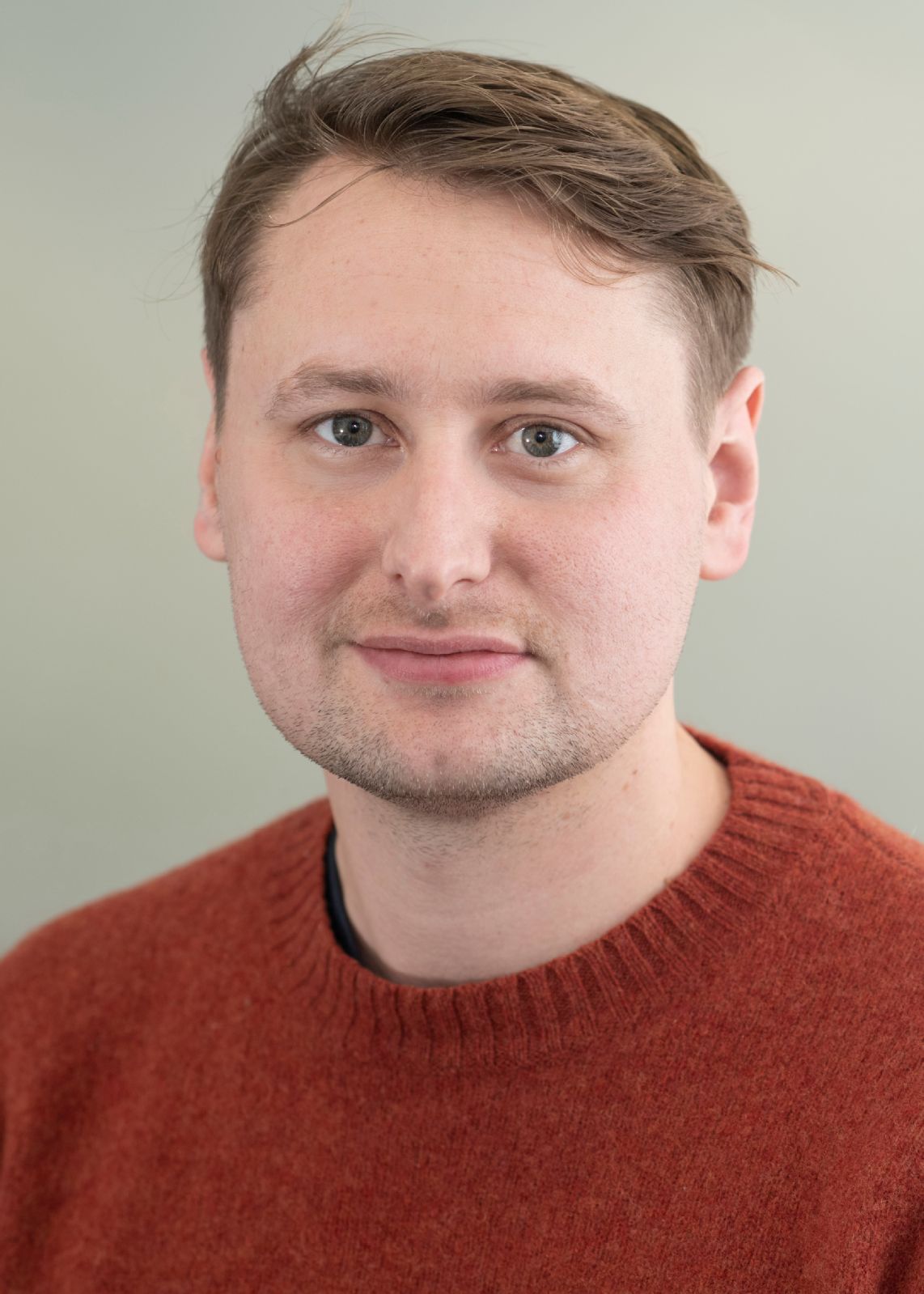
Dr Richard Puxty
Assistant Professor
Microbes catalyse the majority of biogeochemical transformations of elements on Earth and also encompass the vast majority of our planet's genetic potential. I am interested in characterising this genetic potential in bacteria, including: how bacteria acquire the resources they need to grow; and do how they stave off predation by viruses?
